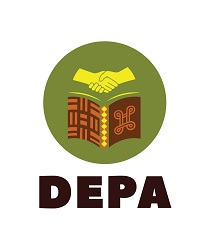Outcomes
The key outcome of this project is the production of educational materials. A five-day workshop was arranged to develop educational materials based on the research findings. The educational materials were created through collaboration between the local NGO, teachers, a representative from the gender department of a local university, as well as the regional youth, women and child affairs health office. The purpose was to create educational materials for three local schools. 16 people attended and suggested to make the material better aligned to the level of secondary school students and recommended dissemination beyond the three schools we have been working closely with.
Additional workshops were held to receive further input on the developed educational materials from other stakeholders. 18 people attended and the materials were very well received, and it was suggested that we scale up and distribute the materials to all primary and secondary schools in the Harari region (76 in total). The participants also suggested to include more pictures to make the design more attractive, and to include some case scenarios and activities for the students. They also encouraged us to arrange teacher trainings to make the most out of the materials.
Impacts
A teacher involved in the project said, ‘our school gave training on the educational materials to around 1700 students. The material helped students learn what GBV means, how they can protect themselves from harassment, where to report if someone assaults them, and where to go to get care and support. In addition, the students are aware of how they stand for their rights. It created spaces for the students to bring issues to their teachers, speak out about their problems, and get advice. It taught how they can stand for their rights’.

